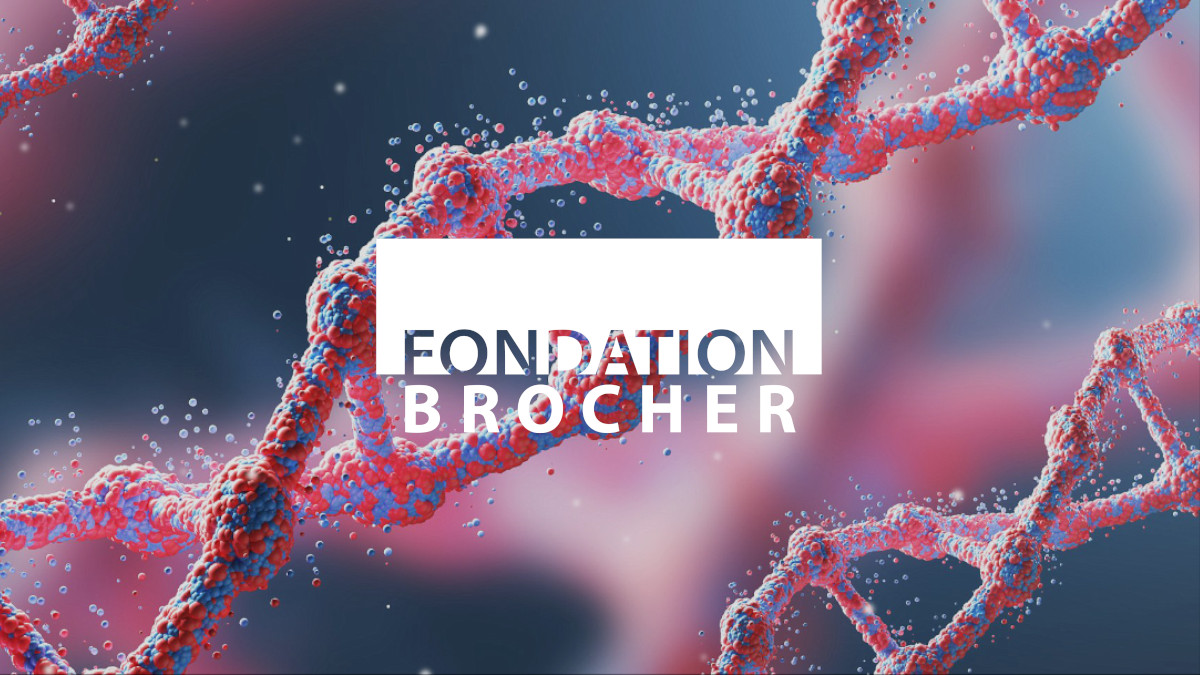The bioethical questioning of medical and biotechnological innovations has led to several laws, conventions and international agreements. These texts have been transposed into the legislation of several countries, to adapt them to their own cultural, social and scientific heritage.
Bioethics: international laws
In the early days of biomedicine, the international community’s reflection on bioethical issues was timid. In Europe, States are aware that bioethics systematically involves different questions according to the cultural and religious references of each country. Thus, the European and international community is struggling to develop universally accepted bioethical rules.
– The European Convention on Biomedicine of 4 April 1997
This is the first text to officially introduce the concepts of bioethics into the regulation of biomedical techniques in Europe. This treaty is based on five major principles, including the free and informed consent of patients, the protection of and respect for privacy, the primacy of the human being and the prohibition of making a profit from parts or the whole of the human body.
This text, better known as the Oviedo Convention, is to date the only legally binding international bioethics law. After its signature in 1997, the Oviedo Convention was supplemented by additional Protocols on genetic testing, biomedical research, transplantation of tissues and organs of human origin and the prohibition of cloning human beings.
– The Universal Declaration on the Human Genome
This declaration is not an international bioethics law as such. Voted by the UNESCO in 1997, it calls on all UN Member States to introduce into their national law new regulations on practices that may modify, improve or alter the human genome.
The first text, drafted by the International Bioethics Committee, was followed by two other para-legal standards, including the International Declaration on Human Genetic Data in 2003 and the Universal Declaration on Bioethics and Human Rights in 2005.
Although these manifestos, signed and approved by UNESCO member countries, are not legally binding, they have been used as references when drafting bioethics laws at national level.
Bioethics: country-specific laws
These international conventions on bioethics lay the foundations for regulatory texts adopted at national level.
– In France
The first bioethics laws in France were passed in 1994. These texts have been amended several times in 2004, 2011 and 2021. Each time, the legislator introduces new answers to the bioethical questions raised by the progress of biomedicine. The French law on bioethics now covers a wide range of applications, such as
- embryonic stem cell research
- the examination of genetic characteristics of persons;
- cross-organ donation;
- access to ART for single women and female couples;
- self-preservation of gametes.
– In Switzerland
In Switzerland, the federal authorities decide on the legislation to be adopted on biotechnology and genetics in the non-human field. However, decisions are based on the recommendations of the CENH (Federal Ethics Commission for Non-Human Biotechnology). For bioethical issues that concern humans, the country calls for a popular vote. These citizen consultations have made it possible to validate certain texts, such as
- the law on embryonic stem cell research in 2003;
- the introduction of Article 119 in the Federal Constitution to prohibit human cloning;
- Article 115 of the Penal Code, which allows assisted suicide.
– In the United States
Like Switzerland, the United States leaves it up to the States to legislate on specific subjects, taking into account cultural, historical and religious differences between communities. Thus, bioethics rules differ from state to state. For example, some 20 states allow abortion even after the Roe v. Wade ruling was overturned this year.
– United Kingdom
UK bioethics laws change according to the political mainstream and recent developments in biomedicine and biotechnology. For these reasons, the UK has a substantial legal arsenal that allows it to strictly regulate medical practices that raise bioethical issues:
– The HFEA or Human Fertilisation and Embryology Act of 1990 regulates the procedures of ART;
– The Genetically Modified Organisms Regulations regulate the genetic modification of non-human organisms.
https://www.senat.fr/rap/l19-237/l19-23712.html
https://www.legislation.gov.uk/uksi/2014/1663/contents?text=cloning#match-1
https://www.legislation.gov.uk/ukpga/1990/37/contents
https://www.legifrance.gouv.fr/dossierlegislatif/JORFDOLE000038811571/
https://www.coe.int/fr/web/conventions/full-list?module=treaty-detail&treatynum=164
https://www.fedlex.admin.ch/eli/cc/2005/104/fr
https://www.agence-biomedecine.fr/Bioethique-biomedecine-pourquoi-comment-encadrer-la-medecine






